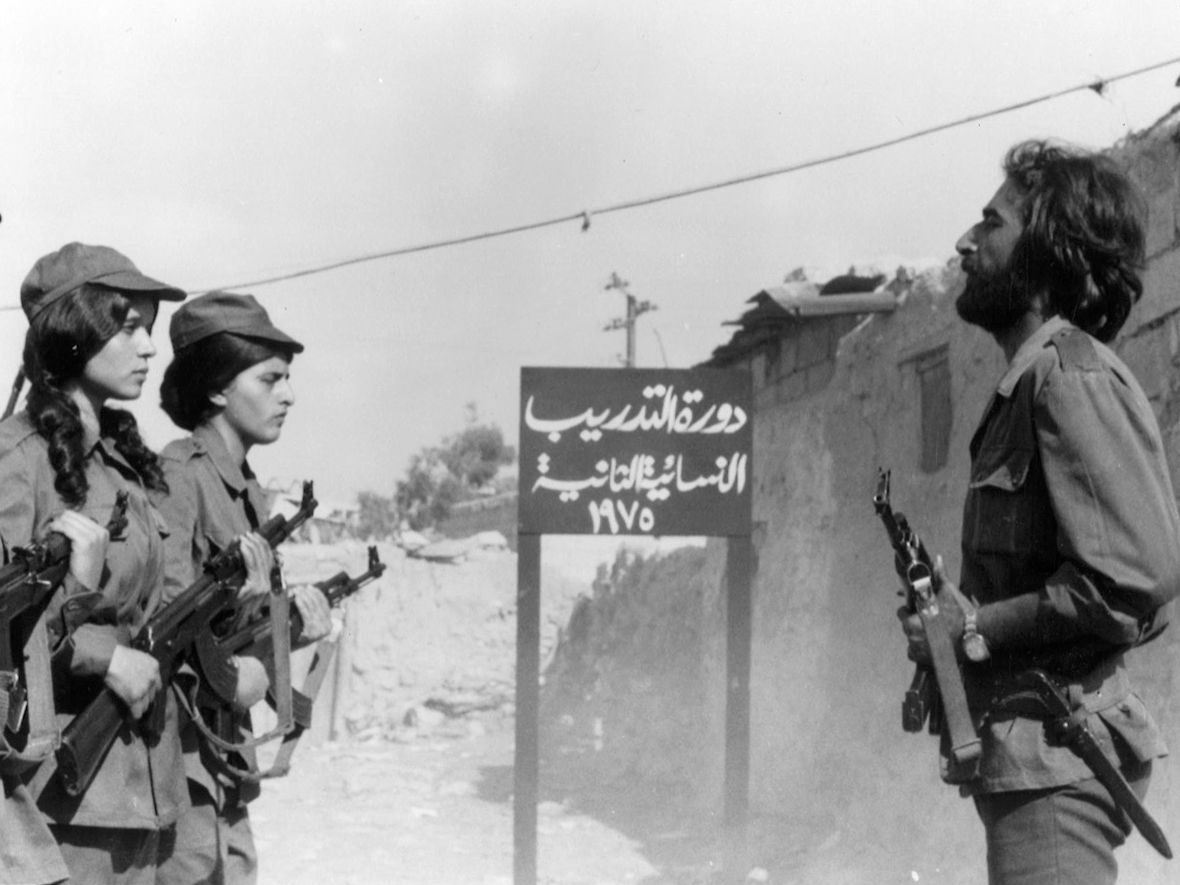
“At the age of 18 in 1963, two films that were turning points for me were Fellini’s 81⁄2 and Cléo de 5 à 7 by a French woman, Agnès Varda. I told myself then that painting is not a big loss, dancing is not a loss, writing is not a loss: it is filmmaking that I must do. I felt cinema was the language that I wanted to express myself with. I could understand that the cinema was the most powerful means, the most complete and the most total to express what you want. When I saw the Fellini film, I thought, “I am a woman, I can never be a filmmaker”. But when I saw the film by Agnès, first I thought, “I can make it”. Then I saw that Agnès was a European woman, I was an Arab woman, and there was no chance in hell that I could make it. Lack of models made me feel depressed too. Now I have two films behind me...”